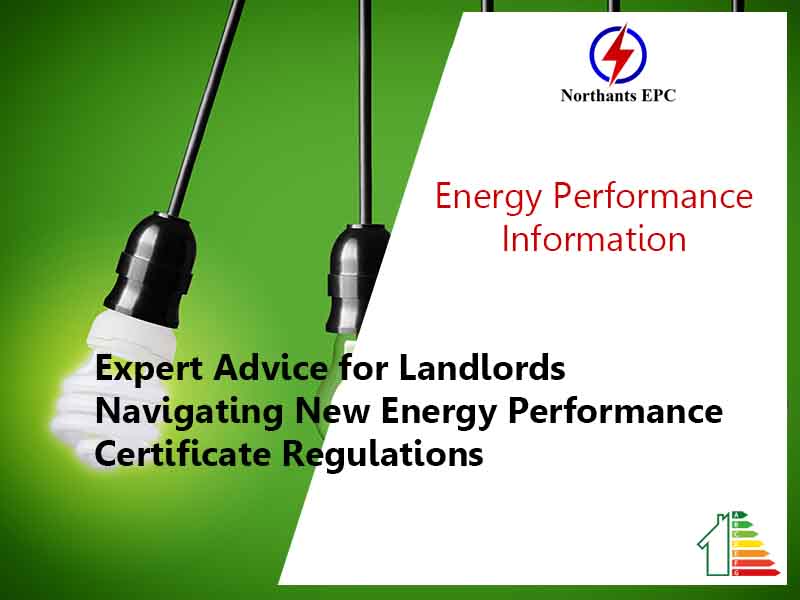Expert Advice for Landlords – Navigating New Energy Performance Certificate Regulations
*Subtitle: A comprehensive guide to understanding and complying with the latest changes in energy efficiency standards for rental properties.*
With the surge in energy prices affecting households nationwide, the financial impact is felt by all residents. However, tenants often bear the brunt, as they lack the ability to make significant energy efficiency improvements to their homes. In response, the government is introducing new legislative changes aimed at compelling domestic landlords to enhance the energy efficiency of their properties. Vili Chung, a Partner at Tallents Solicitors in Southwell, delves into the steps landlords should take to safeguard their property investments amidst these new regulations.
**Introduction: Navigating the Landscape of Energy Performance Certificates**
Energy Performance Certificates (EPCs), introduced on August 1, 2007, play a pivotal role in revealing a property’s energy efficiency to potential tenants or buyers. These certificates are mandatory for properties each time they are rented out, offered for sale, or constructed. Conducted by a certified energy assessor, the assessment results are recorded on the Energy Performance of Buildings Register. In the context of domestic private rented properties, the Domestic Minimum Energy Efficiency Standard (MEES) Regulations come into play, shaping the energy efficiency landscape for landlords.
**Scope of the MEES Regulations: Understanding the Impact**
The scope of the Domestic Minimum Energy Efficiency Standard (MEES) Regulations encompasses properties meeting the following criteria:
– Properties leased under specific domestic tenancies like assured tenancy, regulated tenancy, or domestic agricultural tenancy.
– Properties legally obligated to possess an EPC (typically properties marketed for sale or rent or those that have undergone significant home improvements within the last decade).
**Evolving Standards: Recent Changes and Their Implications**
Since April 1, 2020, landlords have only been permitted to rent out properties with an EPC rating of E or higher. Properties with an EPC rating of F or G required improvements to achieve a rating of E or better prior to new rentals or the application for a valid exemption. Vacant properties were exempt from these efficiency mandates until they were leased again.
From April 1, 2023, it became an offense to continue renting out properties with an EPC rating below E. Landlords found in violation could face fines calculated based on the property’s rateable value, up to a maximum penalty of £5,000 per property.
**Exemptions and Solutions for Landlords**
In recognition of the financial implications of implementing energy efficiency enhancements, the government has established a cost cap of £3,500 (VAT inclusive). This cap covers improvements financed through grants, such as those offered by local authorities or Green Deal finance, as well as self-funded enhancements within the cost cap.
However, if despite these improvements, a property’s energy efficiency rating remains below E, landlords can apply for exemptions to continue renting out the property. These exemptions include:
– Exhaustive improvements: If £3,500 has been expended on enhancing the property’s energy efficiency, yet it still falls short of an E rating.
– High cost: When the recommended energy efficiency measures exceed the cost cap.
– Structural impact: If specific improvements like wall insulation would detrimentally affect the property’s fabric or structure.
– Consent obstacles: If obtaining consent from relevant parties, such as tenants or mortgagees, for the improvements is unattainable.
– Property devaluation: When making the necessary improvements would devalue the property by 5% or more.
– Recent landlord status: If becoming a landlord has occurred recently, an exemption for up to six months can be claimed.
**Looking Ahead: Preparing for Future Changes**
The government’s projections indicate that EPC requirements will tighten further by 2025, requiring all newly rented properties to possess a rating of C or higher, where feasible and cost-effective. Existing tenancies will have until 2028 to align with these heightened standards. To safeguard rental income and ensure compliance, landlords are advised to proactively investigate energy efficiency improvements and explore potential exemptions relevant to their properties.
**Conclusion: Navigating Energy Efficiency as a Responsible Landlord**
In an era where environmental consciousness and economic prudence align, energy efficiency becomes a pivotal consideration for both landlords and tenants. With the evolving landscape of Energy Performance Certificates and Minimum Energy Efficiency Standards, landlords must remain vigilant and proactive. By embracing energy efficiency enhancements, landlords not only comply with regulatory mandates but also contribute positively to sustainability efforts while safeguarding their property portfolios. As the journey towards a greener future unfolds, informed and responsible landlords stand to gain both ethically and economically.
